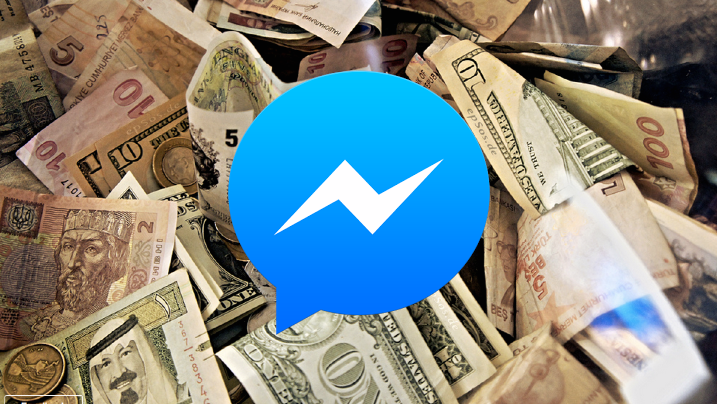Facebook does plan to monetize Messenger through payments, but it’s going to take its time to do it right. Regarding Messenger, CEO Mark Zuckerberg said on today’s Q2 earnings call that “over time there will be some overlap between that and payments”. He stressed that “The payments piece will be a part of what will help drive the overall success and help people share with each other and interact with businesses.”

We shouldn’t expect this to happen too soon, though. Zuckerberg explained that “there’s so much groundwork for us to do.” He continued, “we could take the cheap and easy approach and put ads in and do payments and make money in the short-term, but we’re not going to do that.”
He urged analysts and investors to revise their estimates of Facebook’s revenue if they expected this to come quickly. “To the extent that your models or anything reflect that we might be doing that, I strongly encourage you to adjust that, because we’re not going to. We’re going to take the time to do this in the way that is going to be right over multiple years” Zuckerberg concluded.
Messenger hit 200 million active users in Q1 2014, and people now send 12 billion messages per day on Facebook. The question on the earnings call about how it would make money from the product was prompted by Facebook’s hire of PayPal president David Marcus to run its messaging unit.
If Facebook allowed peer-to-peer payments or payments to businesses via Messenger, it could earn serious revenue by taking a cut. Facebook’s international footprint could allow it to disrupt the greedy remittance industry, which often charges migrant workers exorbitant fees to send money home. Facebook could engender good will and save families money while still turning a tidy profit by undercutting traditional remittance players like Western Union, MoneyGram, Remit2India, and more.
Along with a strong performance in Q2 in terms of user growth and revenue, this news as has pushed Facebook’s share price to an all-time high of $75 in after-hours trading.